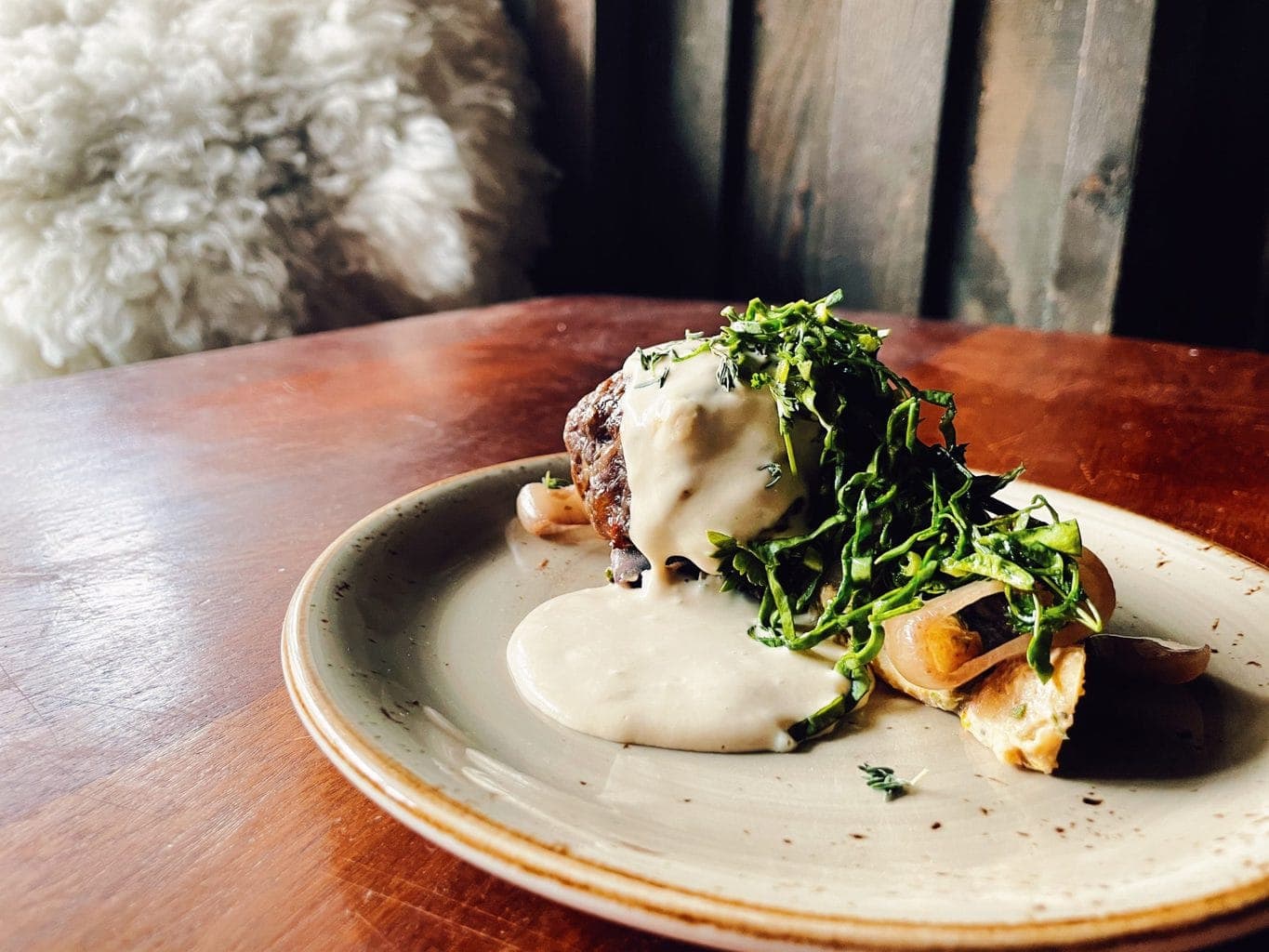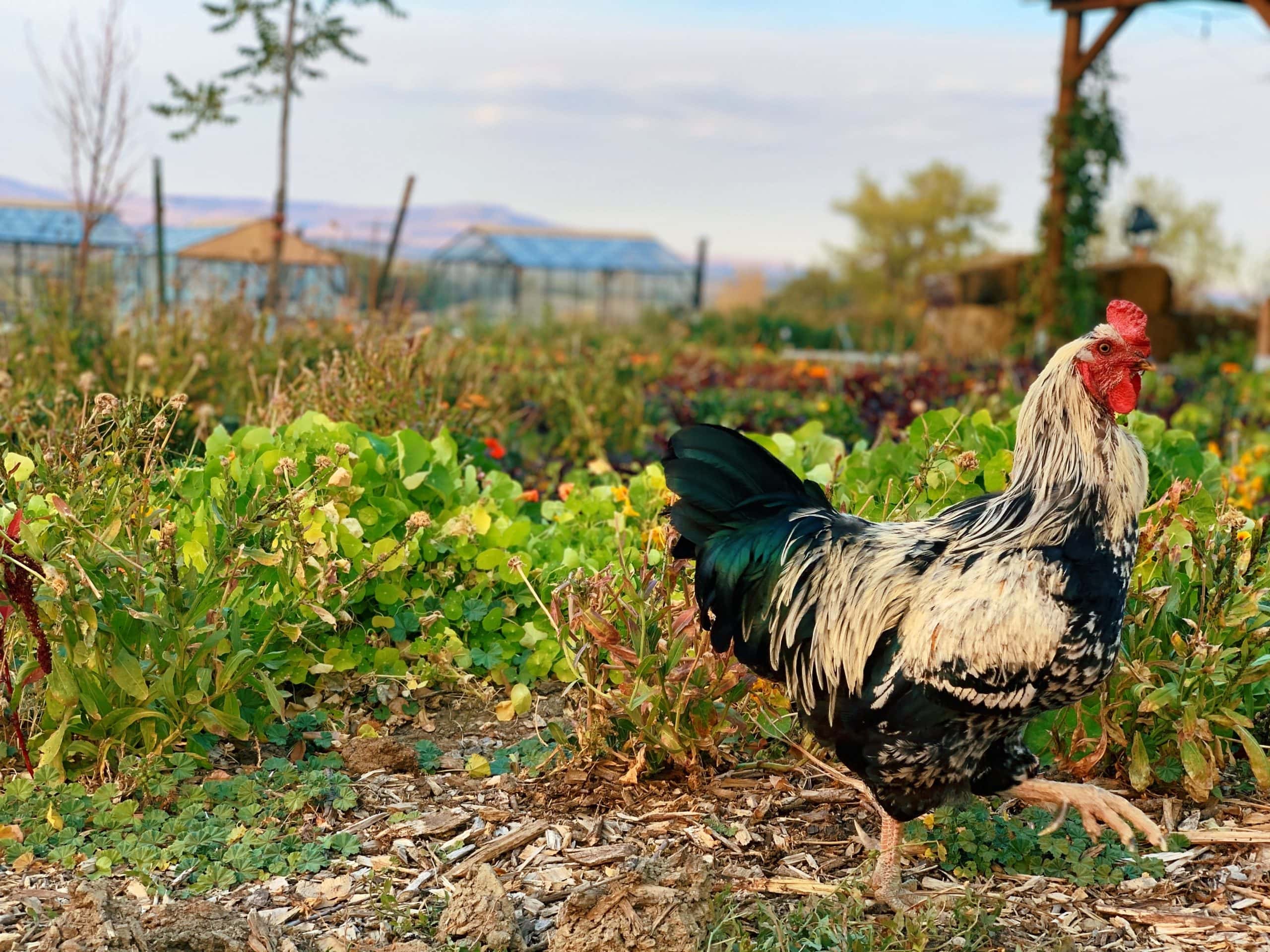
We all endured far too much hardship, anxiety, grief and disappointment this year. Restaurants and yoga studios, dry cleaners and clothing shops and caterers keep shutting their doors. We encounter people whose entire careers have been upended: actors, musicians, chefs, doctors. The pandemic killed people we know. It prevented families from being at the bedsides of beloved grandmothers and close friends.
Vaccines are on the way. Things will improve. But much has changed.
What becomes “normal” in 2021 will indeed be new. We don’t know what it’s going to look like, at least not in full. But like so many business across the Front Range and around the world, COVID forced us to pivot over and over again. We anticipate some of the pivots could become part of the new normal.
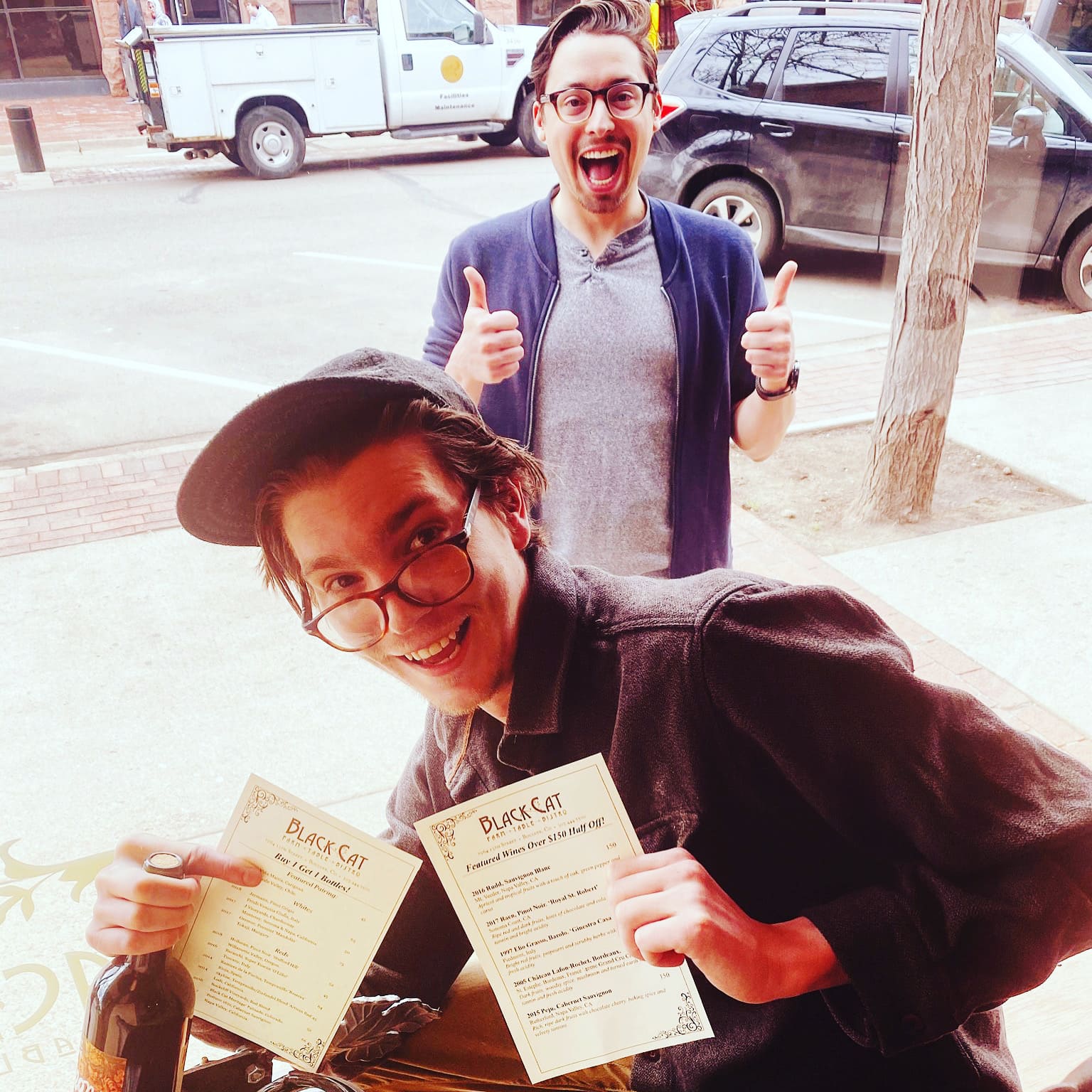
Early COVID involved bottles to-go
When the pandemic compelled Gov. Polis to shut down businesses that aren’t deemed essential across Colorado, we still could serve you, as restaurants were considered essential.
At first, this meant you ordered food from Black Cat, and we either delivered it to your door or at the curb in front of our restaurants on 13th Street in downtown Boulder.
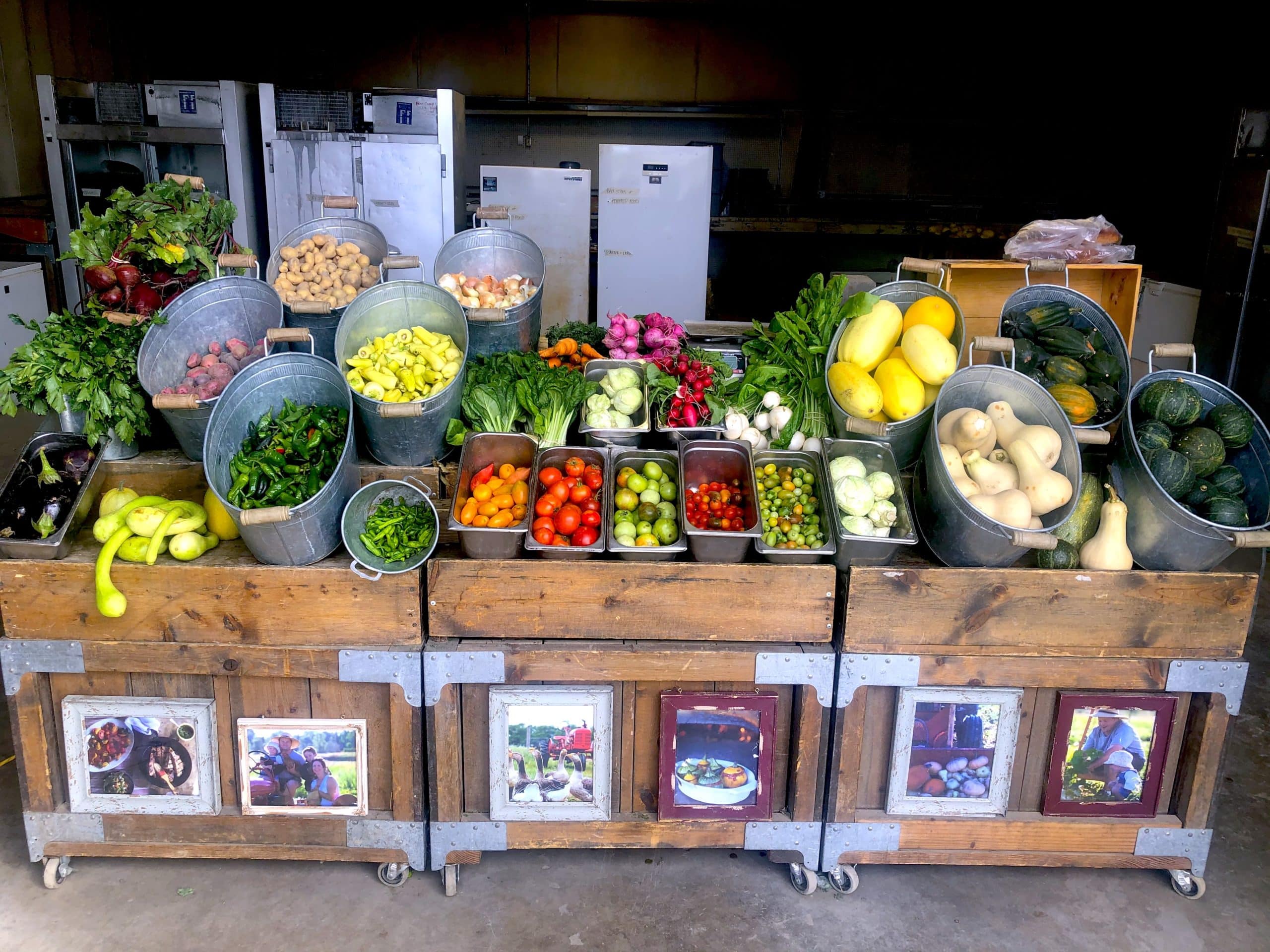
Black Cat Organic Farm Stand Emerges
Soon after, we opened our farm stand at 4975 Jay Road. We didn’t have much from the fields at first, as the stand began in March. But we sold root vegetables from our root cellars, and delicious greens fresh from the fields. We sold bread, using flour we milled from organic grains we grew. We made things like lamb tagine, vegetable curry, spanakopita and arugula pesto and offered them to guests. Farm stand employees sold cuts of meat from our livestock — heritage pigs and sheep that graze on USDA Certified Organic pasture. Local partners like Bjorn’s Colorado Honey and Silver Canyon Coffee became farm-stand fixtures.
The stand was immensely popular. People liked skipping grocery stores, when they could, to pick up local and in many cases organic provisions.
As the season ripened, our offerings at the stand grew increasingly bounteous. And then it doubled on Saturdays beginning in April, when we ran our farm stand at the glorious Boulder County Farmers’ Market in downtown Boulder. The farmers’ market closed for the 2020 season the weekend before Thanksgiving. The farm stand, however, remains open, and overflowing with agricultural and culinary excellence.
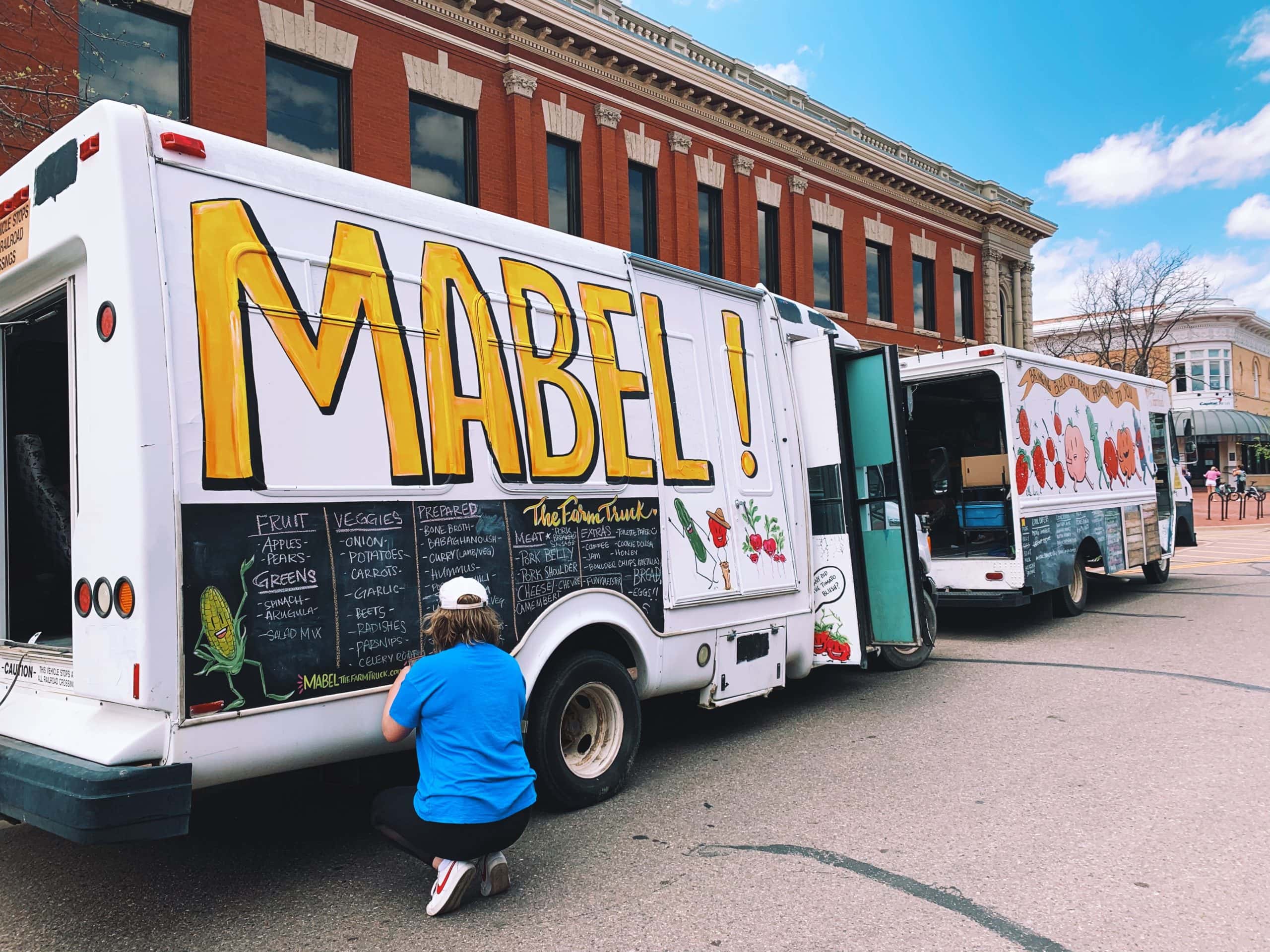
Mabel brings the fields to front doors across Boulder
Meanwhile, in April we launched our first Mabel! The Farm Truck; we now own three of them. Mabel is vintage delivery vehicles that we bought, fixed, painted and turned into roving delivery vans. The Mabels plied streets and neighborhoods across Boulder, with bells ringing and Mabel staffers selling cuts of meat, bags of arugula, cartons of eggs and much more.
We started Mabel to get healthy food to people who felt uncomfortable entering stores that could harbor COVID. The response overwhelmed us — Boulderites appreciated getting local, organic food from trucks wandering their neighborhoods.
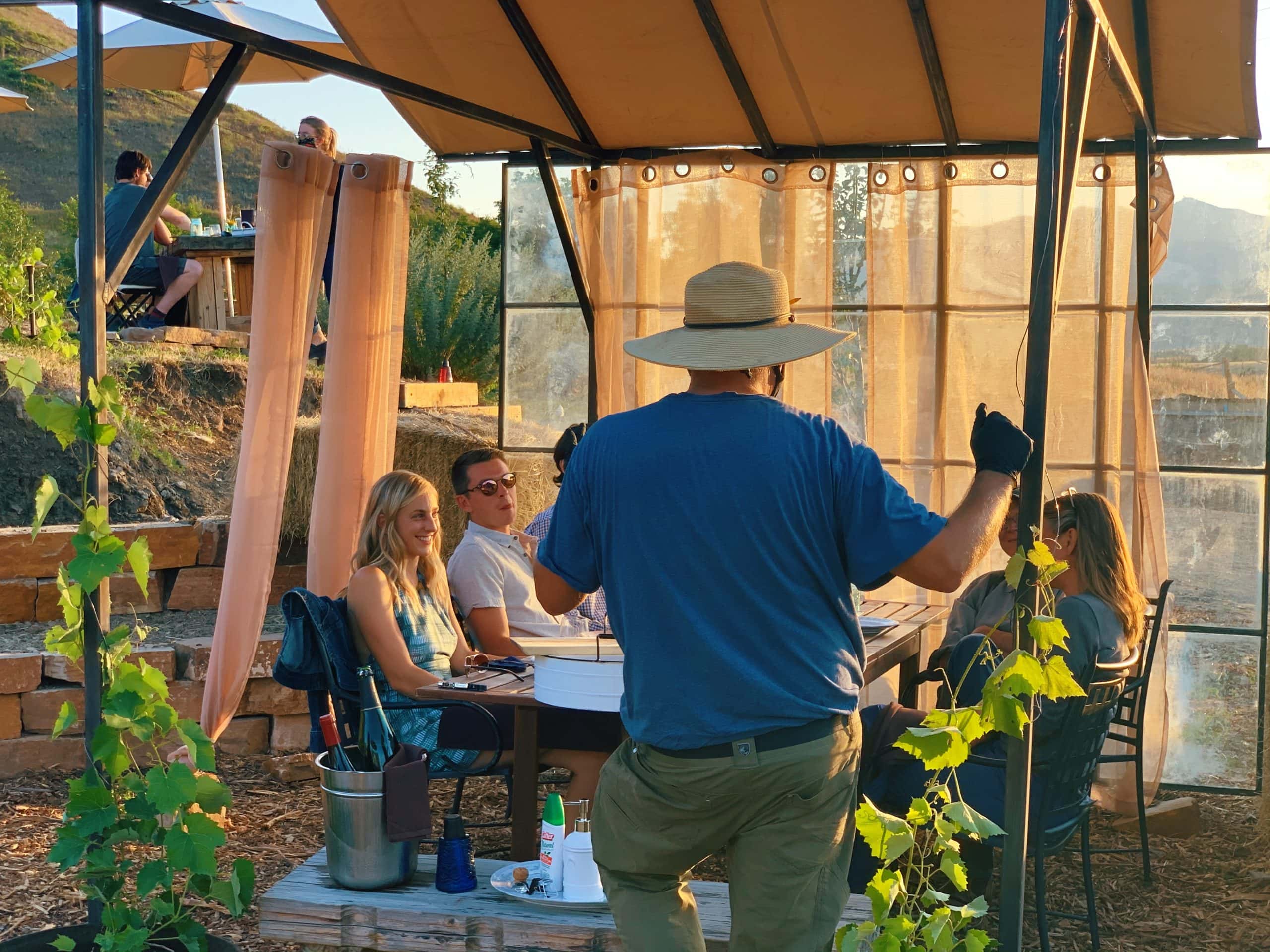
Restaurants remained closed, but fine dining returned – at the farm
But in early June we looked ahead to fall, anticipated COVID would grow worse, and decided that we needed to turn our farm dinner space into something much more ambitious. We didn’t expect to open the restaurants downtown until COVID was behind us. But we were desperate to serve guests.
The decision compelled us to direct much of our energy towards transforming the space, and to put Mabel on hold for a spell.
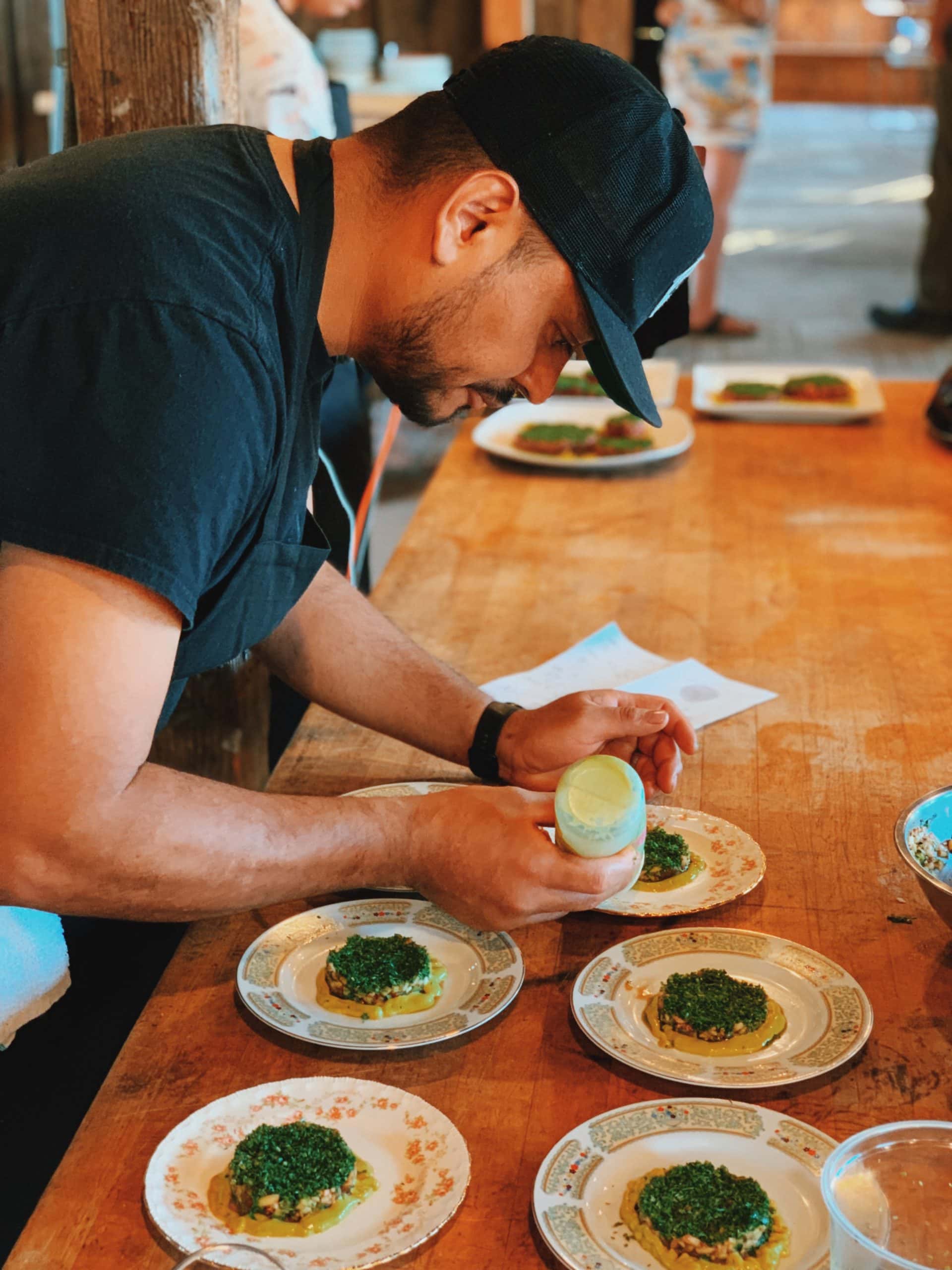
As the owners of a farm, we control quite a bit of space. One of the things we bought and saved at our farmstead was glass panels from old greenhouses. Denver used to be a center of carnation cultivation. When the industry cratered in the middle of the 20th century, it left behind loads of glass.
With our bounty of greenhouse glass, we envisioned finally putting it all to use. We would build frames out of iron, use the glass to create walls and ceilings, and serve guests in private cabanas scattered across our historic farm.
We began serving guests in our cabanas at the end of June. It is hard to describe the joy that electrified us as we greeted guests at our farm with glasses of sparkling wine, and shepherded them to their private cabanas and outdoor tables.
The return of restaurant hospitality! The cabanas invited servers to once again talk about Black Cat Organic Farm with guests; to describe menu dishes, and expound upon the fermented grape juice they poured into glasses. Fine dining finally set our culinary pros free, letting them return to the world of exquisite prix fixe menus, of dishes inspired by the days’ harvests, of the energy of a restaurant kitchen during a busy night.
Front Rangers took to our farm dinners. Now, months after that first night of service, many more private cabanas decorate our fields. When we open reservations every Monday at noon for the following week, reservations sometimes sell out within five minutes. Demand was and remains so high, that we built private dining rooms in our 19th Century barn. They are atmospheric in the extreme.
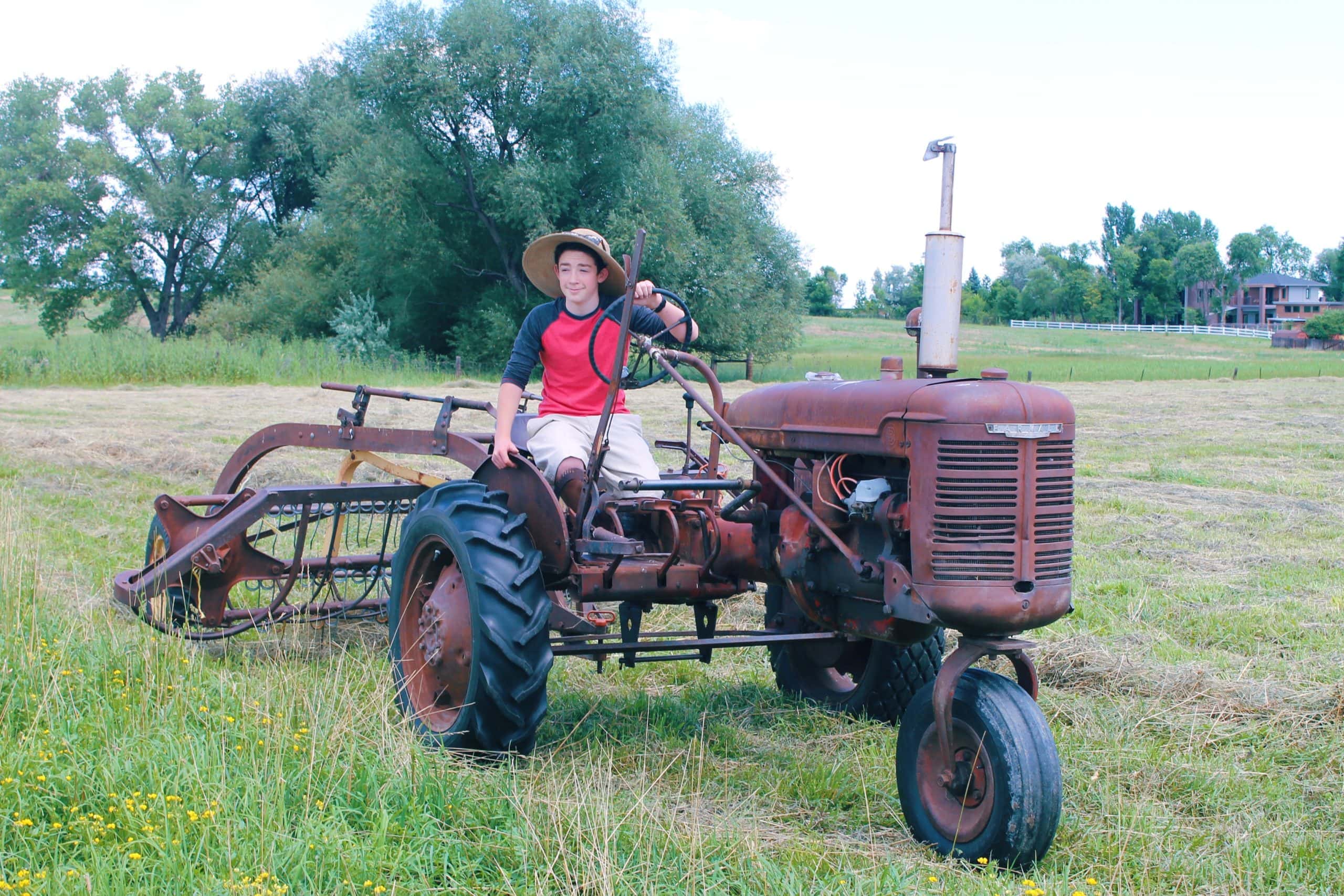
Kelsey Skokan
On July 25th, as Black Cat was prepping for another farm dinner, Eric and Jill’s sons Kelsey Skokan and Ian Fleming hopped into Kelsey’s first car, a 1973 MG that the family purchased a little more than a day earlier. As Kelsey went around a curve in Nelson Road, less than 50 yards from the house, a dump truck traveling in Kelsey’s lane struck the MG. The accident killed Kelsey. It sent Ian to the hospital with multiple injuries. The dump truck slammed into the Skokan house, destroying Kelsey’s bedroom.
Conveying the depth of the tragedy in words is not possible.
The Boulder community immediately responded. A fellow farmer, Megan Henderson, started a GoFundMe account for the family. It raised more than $260,000. The Colorado Chautauqua donated a spectacular and large cabin for the Skokan’s to use for more than a month. Here, the extended family grieved together under the Flatirons. Boulder County Parks & Open Space leased a cabin near the Skokans’ house to the family. Some of Eric and Jill’s children moved to the cabin.
The family’s gratitude towards its community remains profound. The volume and intensity of care and love that washed over the family during the summer helped them continue. Without it, we might not now be writing about Black Cat Organic Farm dinners.
Thank you, thank you, thank you.
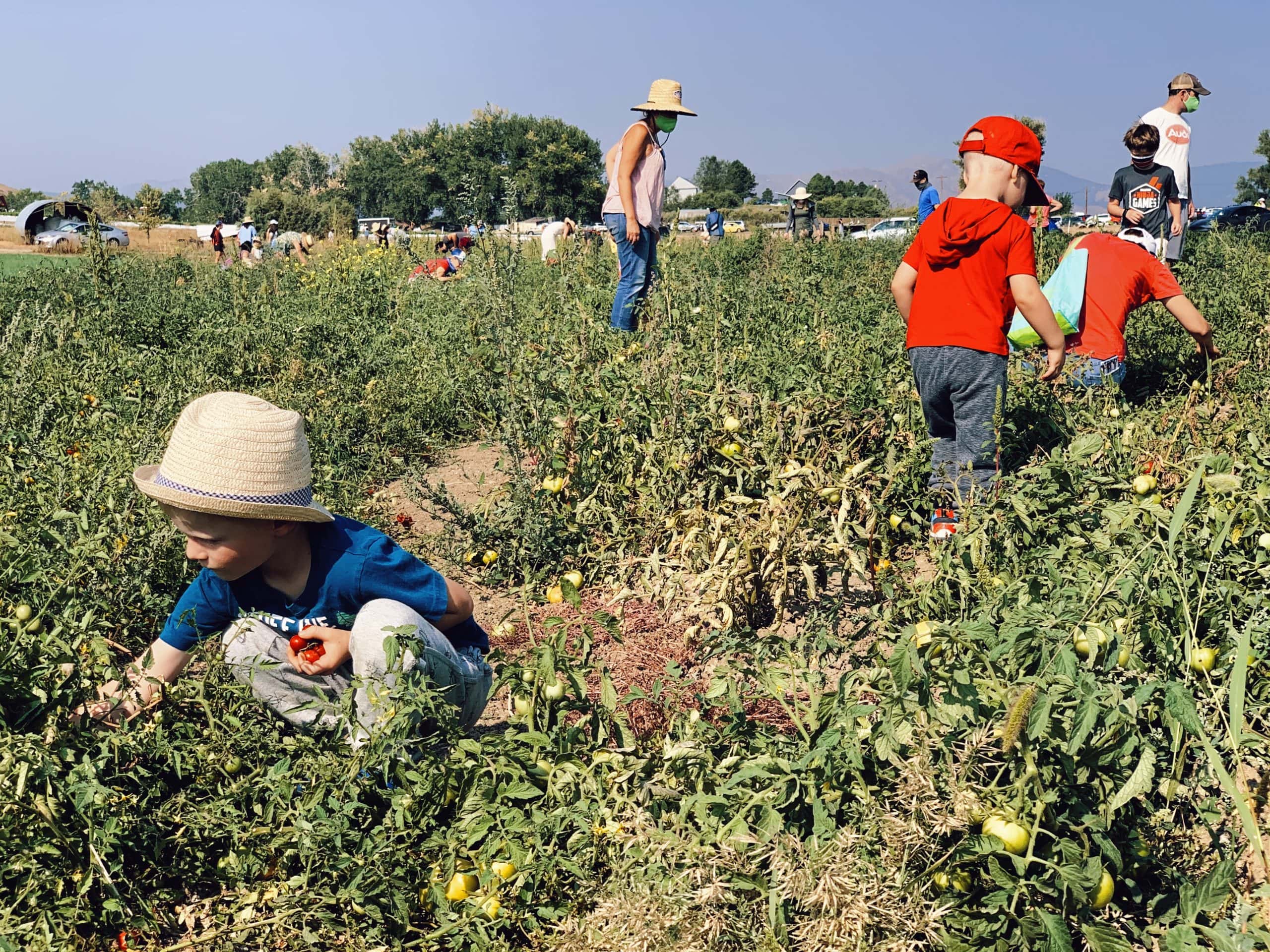
Black Cat Organic Farm holds its first-ever U-Pick events
On September 5, temperatures climbed to 101 in Boulder, the latest date ever recorded with a 100-degree reading. But by the evening of Monday the 7th, cold fronts began sweeping into the Front Range, dropping the temperatures into the low 30s. Up to 6 inches of snow fell across the County.
This would mark the earliest hard freeze we have ever encountered during our 10+ years of farming. A hard freeze would kill all of our fruiting vegetables: tomatoes, eggplant, cucumber, peppers. It would turn our squash into mush.
We decided to hold our first-ever U-Pick event at our farm on Oxford Road the day before the expected freeze. Hundreds showed up to pick all of the tomatoes and basil they desired. Meanwhile, we harvested as much as we could from the fields holding squash, eggplant and peppers.
The temperatures indeed did drop below freezing. But our microclimates and the fact that temperatures did not plummet into the 20s protected most of our crops. We soon realized we had plenty of vegetables. Given the popularity of the first U-Pick event, we held many across September. These were wonderful community building events. We hope to continue them in the future.
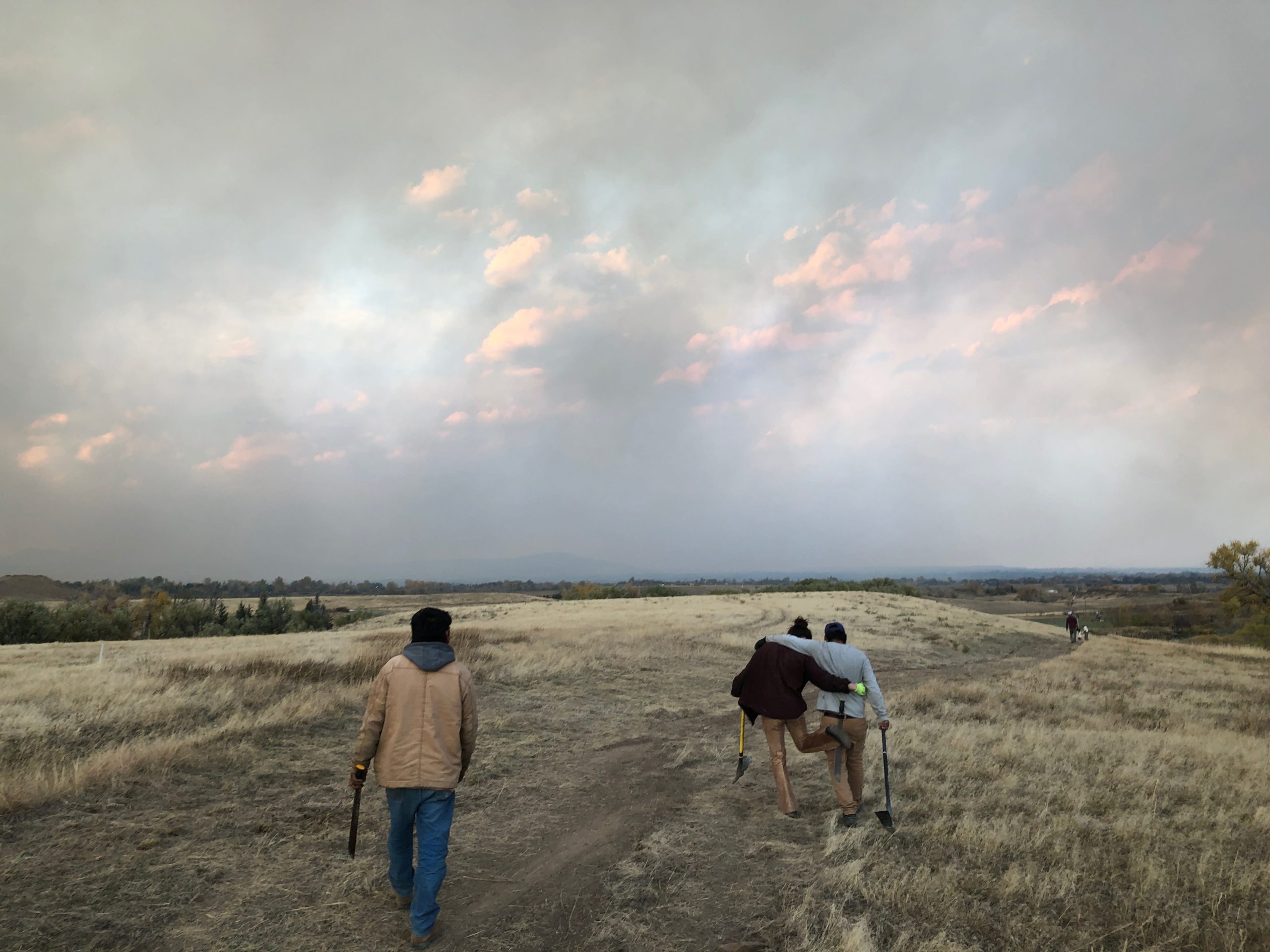
Fires destroy Boulder homes, saturate the air, threaten the farm
The dismal year presented us with one of the hottest summers on record in Boulder. It was awfully dry, too. The combination proved disastrous.
Lightning on July 31 sparked the Pine Gulch Fire near Grand Junction. It quickly spread to nearly 140,000 acres, and became the state’s biggest forest fire on record. On August 10 the Grizzly Creek Fire in Glenwood Canyon started, and soon consumed more than 32,000 acres. The fire shut down I-70 through the canyon for 13 days.
The smoke from these fires soon began to settle along the Front Range. The skies began to look like smeared margarine. Air quality was dreadful. The sunsets turned day-glo.
The largest fire in state history, the Cameron Peak Fire, began on Aug. 14 in Larimer County, in the mountains west of Fort Collins. It destroyed 100 structures and by October had consumed 208,000 acres of forest.
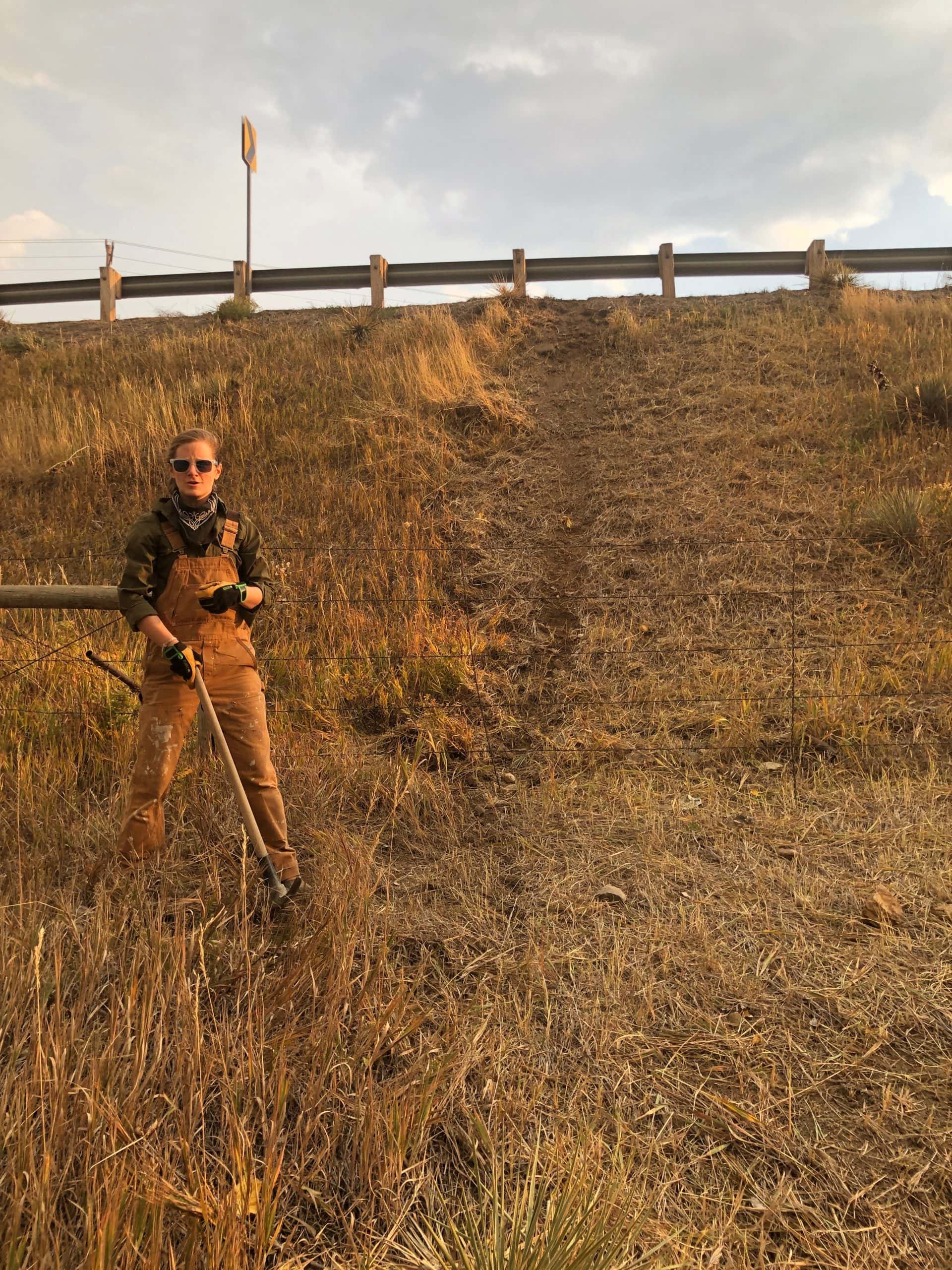
After months of smoky skies, in October we thought we might finally emerge. Colorado doesn’t experience a wealth of forest fires as we head more deeply into autumn.
But of course, it was 2020. The East Troublesome Fire started on October 14, destroyed 192,000 acres of national forest and killed two elderly people in their home.
And then the Cal-Wood in Jamestown and the Lefthand Canyon Fire in Ward emerged on October 17 and 18, respectively. These fires shredded parts of Boulder County, destroyed homes and even threatened our farm as the flames leapt across US Rt. 36 and raced across the grassland towards the Skokan farmstead.
The Skokan family at the time was visiting with Jill’s family on Maryland’s Eastern Shore.
As the fire moved closer, Black Cat Organic Farm employees as well as friends and neighbors rose together to protect Black Cat Organic Farm. People volunteered to move chickens out of harm’s way, to take dogs, to cut brush around the house with weedwhackers and to saturate land with water from hoses. One employee used a backhoe to dig a trench between the farm and the approaching flames.
The fire petered out before reaching the farm. And once again, the Skokans experienced immense gratitude towards their community.
Thank you, thank you, thank you.
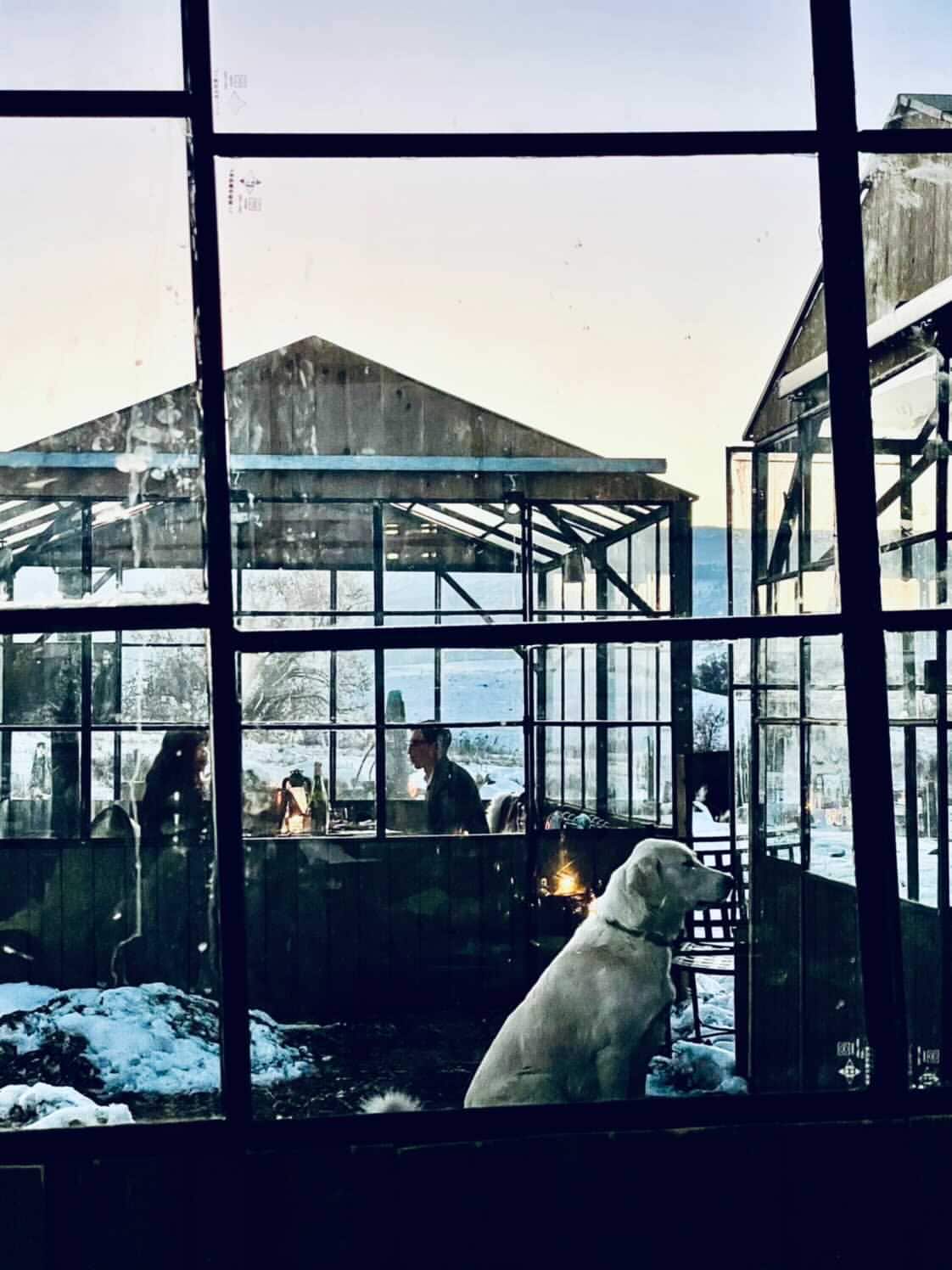
Winter arrives – and so do warm cabanas
Throughout the year, Black Cat never opened its restaurants on 13th Street. Instead, the operation focused on farm dinners, the farm stand and the Boulder County Farmers’ Market to serve the community.
The cabanas grew immensely popular during the summer and autumn, with full houses most nights. But as temperatures began dipping, we decided it was time to make the cabanas year-round attractions. We wondered: Could we keep the cabanas warm?
Turns out, yes. One night when temperatures dropped to 9 degrees Eric and Jill had dinner in a cabana. The heater kept them cozy all evening. Now, all of Black Cat’s cabanas come with personal heaters.
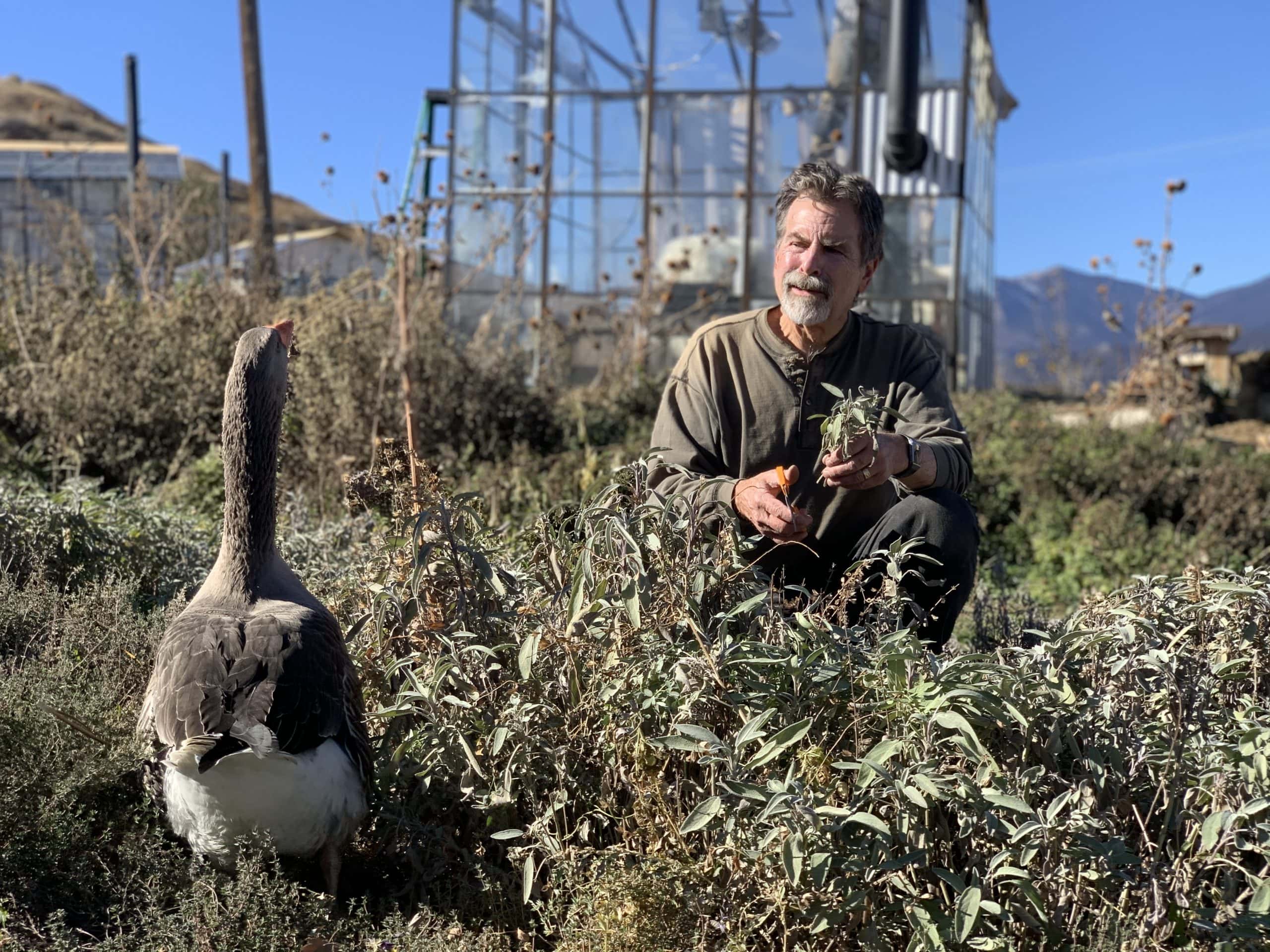
Thanksgiving at Black Cat Organic Farm is feast-to-home
Black Cat Bistro held enormous Thanksgiving feasts every year for more than a decade. This year marked the first time that we did not serve guests in our dining room. Instead, we cooked like maniacs for the days leading up to the feast — turkey, ham (from our pigs), four-grain risotto, mashed potatoes with roasted garlic, roasted root vegetables, cranberry glazed beets, traditional sourdough-sausage stuffing, Southern-style cornbread stuffing, cranberry relishes, sautéed winter squash, pumpkin pie.
That’s a feast. We sold out — 180 Thanksgiving dinners that people savored around their dining room tables. We missed being together with our community for the Thanksgiving tradition at Black Cat. But serving our feast in homes across the county thrilled us.
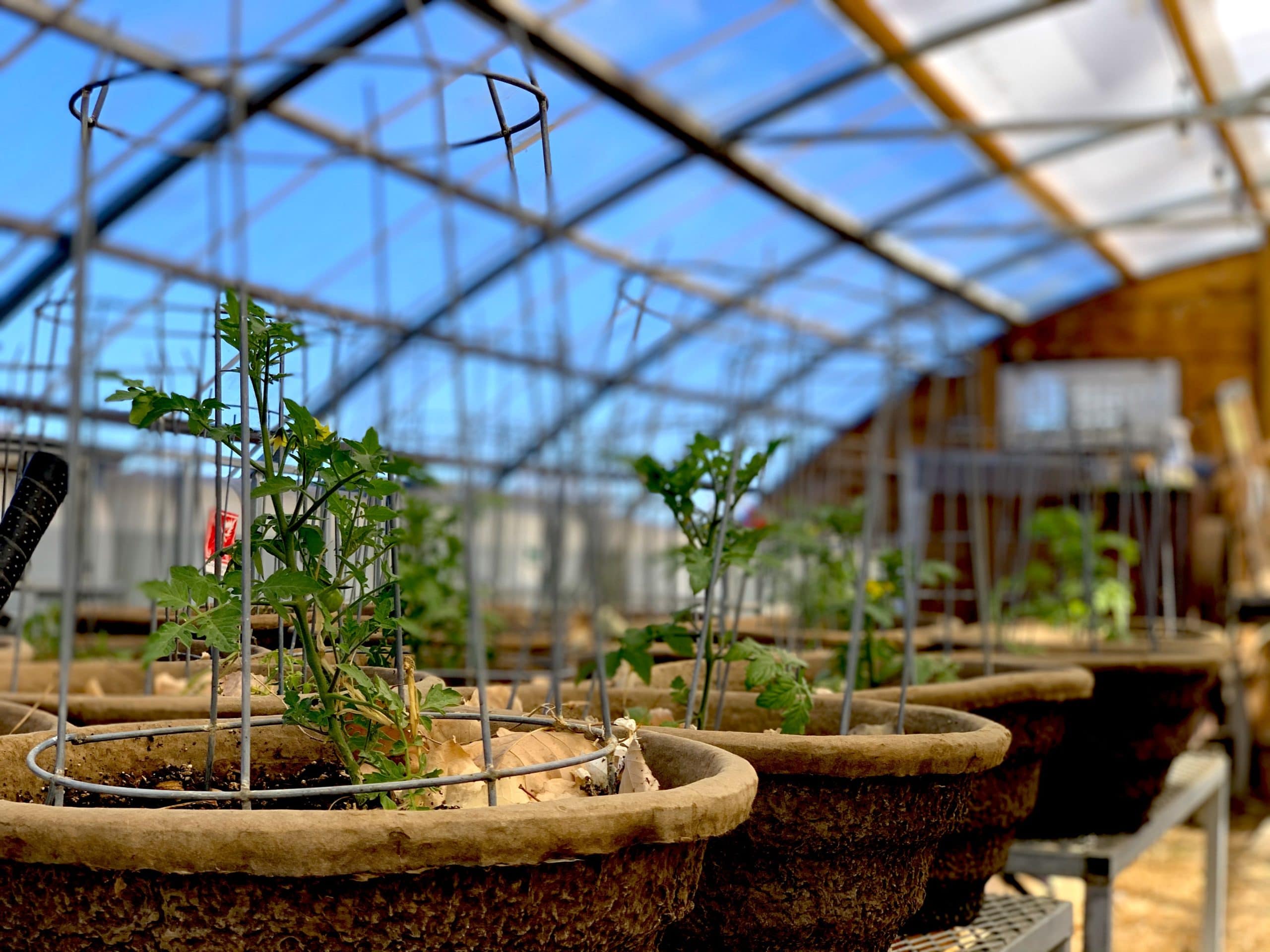
Expanding the greenhouse, and heating it with wood
As we tip-toe into 2021, one development that blossomed during autumn will stick around through the spring, and likely will become a year-round pursuit.
For years, we resisted building a greenhouse. We like working with soil, in the fields and under the sun. But many of our vegetables, like tomatoes and peppers, need to first be nurtured as seedlings before they go into the ground. In the past we bought organic seedlings from area growers. A few years ago we decided to grow our own, a decision that forced us to get the hang of greenhouse growing.
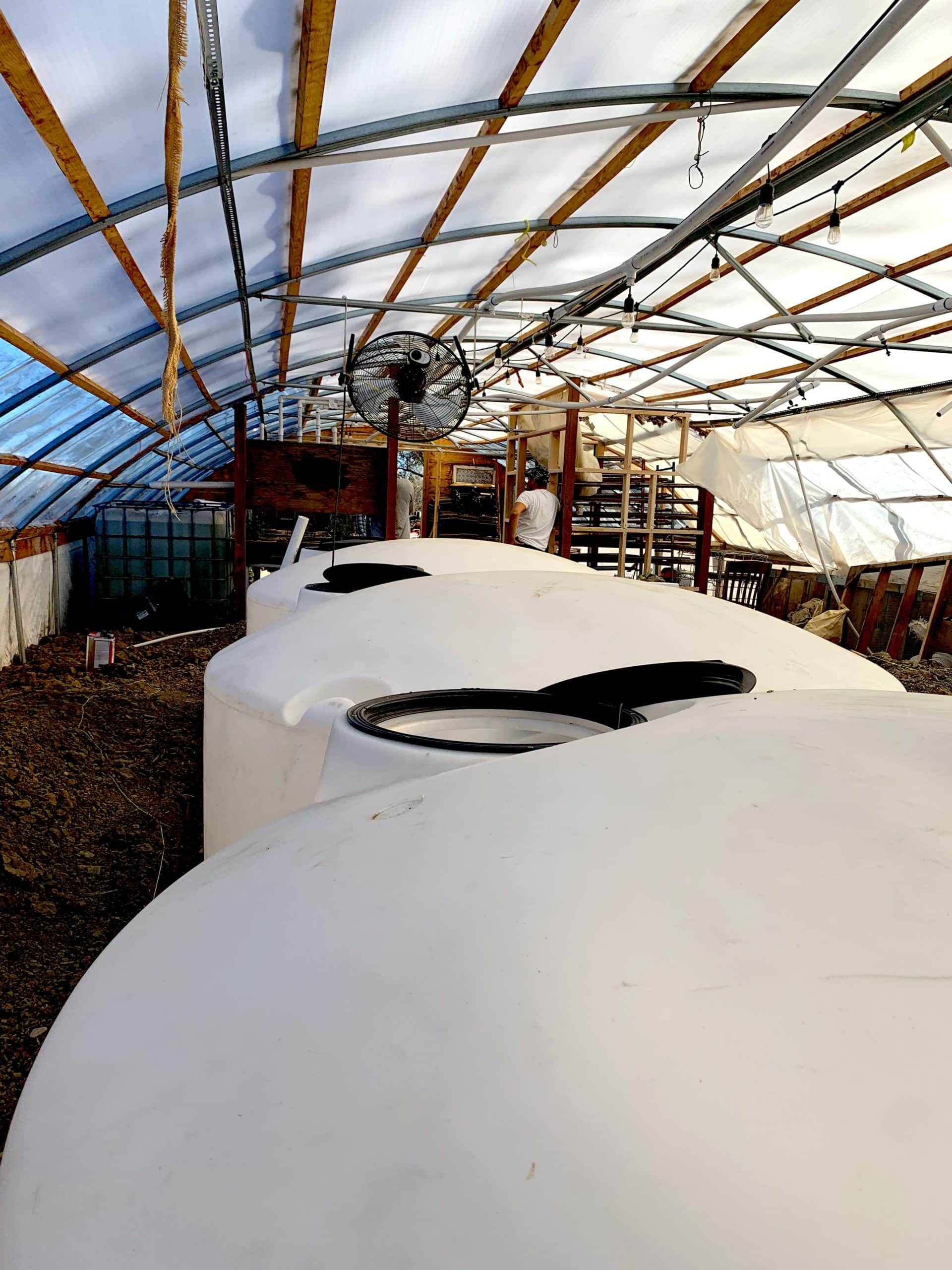
This winter we are using the greenhouse to grow a wide range of vegetables, including tomatoes. The goal? To offer local produce to our community in the depths of winter, when the only things remaining in the fields are sturdy greens like kale.
One of the most exciting things about our greenhouse project is our approach towards filling the space with heat. Most Colorado greenhouses in winter are kept warm through propane heaters. That was our approach in the past. But this year we are using wood and compost to generate heat.
The wood comes from one of our plots of land, a strip of trees that need thinning. We harvest the wood, split it, and then feed a vintage boiler — it looks like a standard wood stove — with logs. The burning wood heats water, which gets directed into 3,000-gallon tubs that sit in the middle of the greenhouse. The tanks of hot water radiate heat, which keeps the greenhouse warm.
How does compost figure into the greenhouse? We built what Eric calls “the mother of all compost piles” beside the greenhouse. Healthy compost piles generate heat. We threaded pipes through the compost. The pipes enter the greenhouse and the water tanks, and also help heat the water.
Our goal is to largely eliminate propane. It will remain as a backup. We hope we rarely have to use it. Eventually, we envision powering the fans in the greenhouse with solar power.
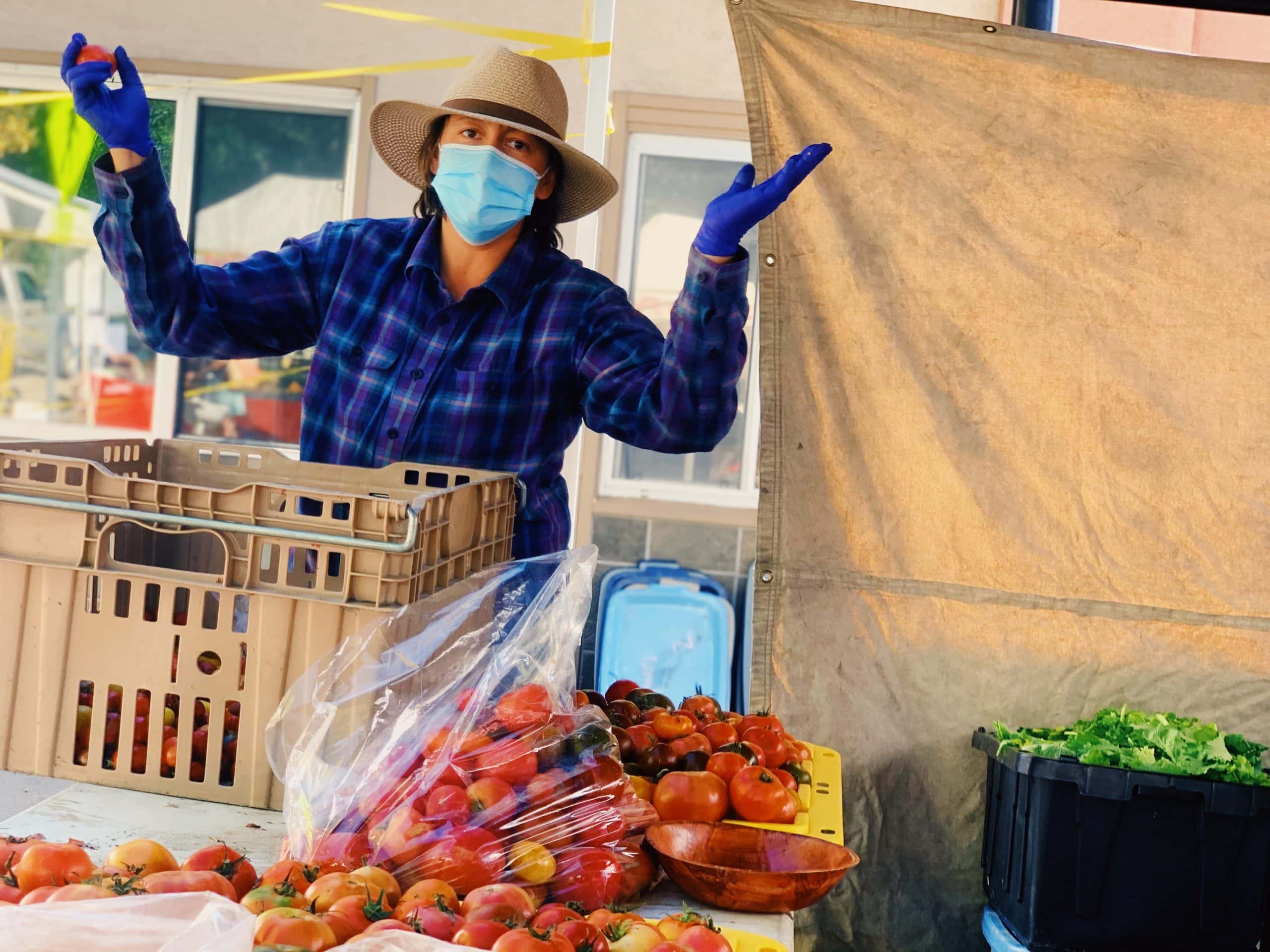
Almost there, to 2021
We all understand that 2021 will stand as an immense improvement over 2020. It had better.
Will we open our restaurants on 13th Street in the New Year? We hope so! Will Mabel return to Boulder streets? Could be!
For now, at least, we anticipate holding farm dinners every night of the week across 2021. We expect to keep loading our farm stand with the fruit from our fields.
And we remain flooded with gratitude towards our Boulder community. We are humbled. We are here to serve you across the year with organic food from our fields, with deep hospitality at our farm dinners and farm stand, and with warmth radiating from our hearts towards yours.
